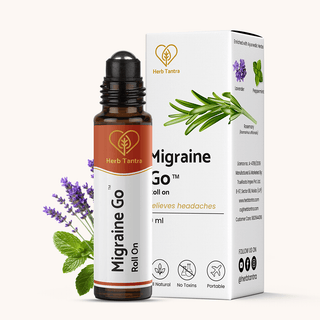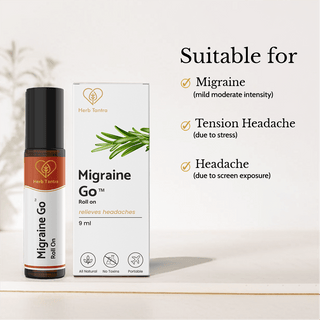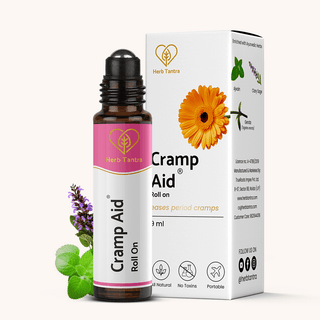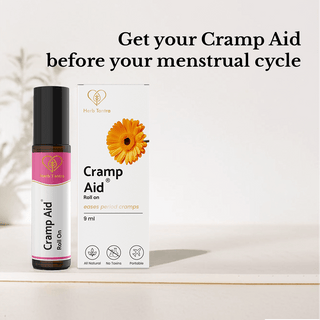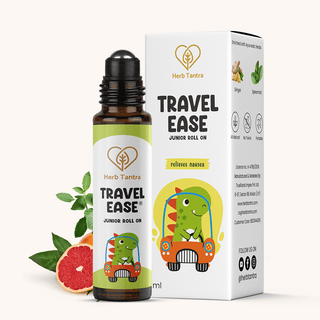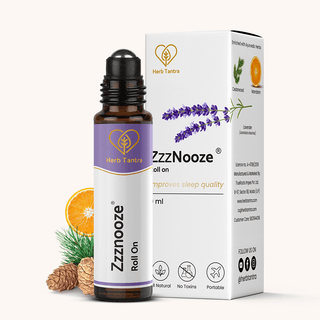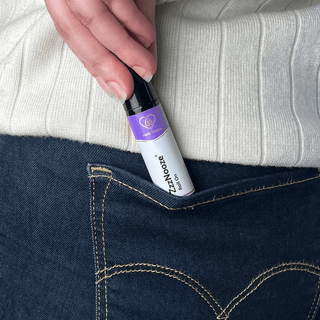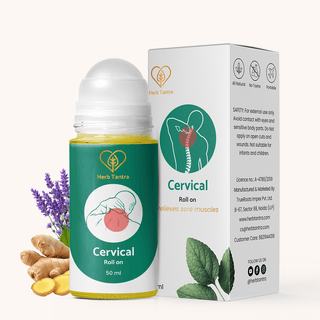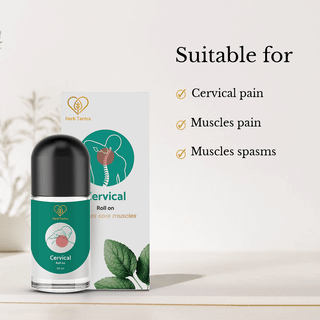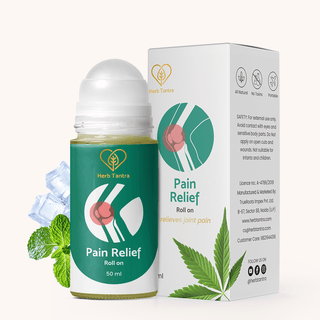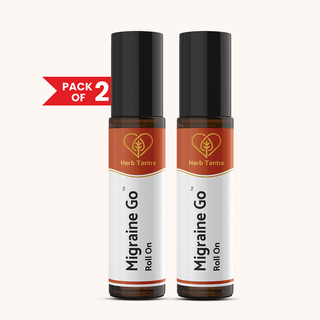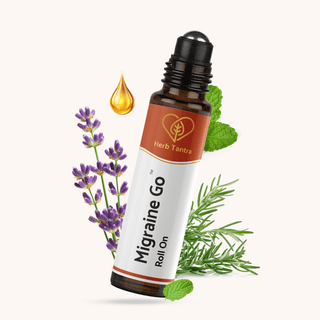Shoulder pain is more than just a nuisance—it can hinder daily activities, reduce productivity, and affect your overall well-being. Whether you’re a busy professional, a fitness enthusiast, or a woman balancing multiple roles at home and work, finding effective shoulder pain relief is essential. In today’s post, we explore effective strategies and tips for shoulder pain relief, delving into natural remedies, physical therapy techniques, and holistic pain management. Our goal is to offer a well-rounded perspective that supports your journey toward a pain-free and healthier life.
Understanding Shoulder Pain
What Causes Shoulder Pain? Shoulder pain can result from a range of issues, including:
- Rotator Cuff Injuries: These involve strains or tears in the muscles that support your shoulder, commonly seen in athletes or those performing repetitive overhead movements.
- Frozen Shoulder: Characterized by stiffness and pain, this condition limits shoulder movement over time.
- Arthritis: Inflammation of the shoulder joint, more frequently affecting older adults or those with a history of joint issues.
- Postural Strain: Poor posture, especially from long hours at a desk or mobile screen usage, can lead to muscle imbalances and shoulder discomfort.
Natural Approaches for Shoulder Pain Relief
Increasingly, people are turning to natural remedies as part of their pain management strategy. Rooted in centuries-old Ayurvedic practices, natural solutions can complement physical therapy to enhance overall relief.
Ayurvedic Remedies & Herbal Solutions:
- Herbal Roll-Ons: At Herb Tantra, we’ve developed targeted pain relief roll-ons that incorporate plant-based ingredients known for their anti-inflammatory and analgesic properties. Our formulations not only aim to relieve shoulder pain but also work to promote overall muscle relaxation.
- Essential Oils & Extracts: Ingredients like turmeric, ginger, and ashwagandha have anti-inflammatory properties that naturally inhibit pain signals. These ingredients, when blended properly, offer quick and effective shoulder pain relief.
A Few Tips for Using Natural Remedies:
- Topical Application: Gently roll the formula on the affected shoulder area. The cool, soothing sensation can reduce inflammation on contact.
- Massage Therapy: Combine your natural remedy application with self-massage techniques for enhanced muscle relaxation.
- Regular Routine: Consistency is key. Incorporate these remedies into your daily routine for cumulative benefits over time.
Many studies indicate that when natural therapies are implemented early—especially before turning to conventional medications—patients experience a reduction in pain intensity and a shorter duration of discomfort.

The Role of Physical Therapy
Physical Therapy’s Contribution
While natural remedies work on the cellular level, physical therapy plays a crucial role in addressing the mechanical and functional aspects of shoulder pain. Here’s how structured physical therapy can help:
- Improved Mobility: Stretching and mobility exercises can alleviate tightness in the shoulder muscles, thus promoting a better range of motion.
- Strength Building: Strengthening the rotator cuff and surrounding muscles supports shoulder joints, reducing the risk of further injury.
- Posture Correction: Consistent physical therapy can help address poor posture, one of the common contributors to chronic shoulder pain.
Key Exercises for Shoulder Strength
- Pendulum Exercise: Lean forward and allow your arm to hang, then gently swing it in circular motions. This low-impact exercise helps relieve stiffness.
- Shoulder Blade Squeeze: Sit or stand erect and squeeze your shoulder blades together, holding for a few seconds before releasing. Repeat in sets to improve muscle tone.
- Wall Push-Ups: A simplified version of push-ups, these help strengthen shoulder and chest muscles without excessive strain.
Implementing a combined strategy that includes both physical therapy and natural solutions can be transformative. It not only targets immediate discomfort but also addresses long-term anatomical and functional imbalances—vital for sustainable pain management.
Effective Pain Management Strategies
Developing a personal pain management routine is essential for those suffering from chronic or intermittent shoulder pain.
Consider these steps for a holistic strategy:
1. Maintain Proper Posture:
- Daily Awareness: Make a habit of checking your posture throughout the day, especially if you work at a desk.
- Ergonomic Adjustments: Invest in ergonomic furniture to minimize undue strain on your shoulders.
2. Incorporate Regular Exercise and Stretching:
- Consistency: Even a short daily routine of stretching and strengthening exercises can significantly reduce shoulder tension.
- Variety: Use a mix of stretching, strengthening, and mobility exercises to keep your muscles balanced.
3. Embrace Natural Remedies:
- Targeted Relief: Use natural roll-ons like those from Herb Tantra on the affected areas. Their quick absorption and soothing effects can be an excellent complement to your exercise routine.
- Herbal Teas & Diet: Including anti-inflammatory foods and herbal teas can support internal pain management.
4. Seek Professional Guidance:
- Consult a Physiotherapist: A trained professional can design a bespoke physical therapy program for your shoulder pain.
- Regular Check-Ups: Periodic consultations can help adjust your pain management strategies as needed.
Conventional Pain Medications vs. Natural Remedies
|
Criteria |
Conventional Pain Medications |
Natural Remedies |
|
Efficacy |
Provides rapid relief for acute pain; may only offer temporary benefits for chronic conditions. |
Offers gradual and sustainable improvement by addressing inflammation and promoting healing over time. |
|
Side Effects |
Can cause nausea, sedation, dependency, and other adverse reactions with prolonged use. |
Generally minimal side effects; plant-based ingredients are gentler on the body and reduce dependency. |
|
Long-Term Benefits |
Effective for immediate relief but may lead to complications such as tolerance or reduced efficacy. |
Enhances overall well-being and helps decrease reliance on synthetic medications over the long term. |
Conclusion
Shoulder pain need not be a barrier to enjoying the activities you love. By embracing natural remedies alongside proven physical therapy techniques, you can achieve sustainable shoulder pain relief and improved overall function. Remember, effective pain management is not about a quick fix but about nurturing your body with the right mix of self-care, exercise, and science-backed natural solutions. Herb Tantra stands ready to be your partner in this journey.
FAQs
Q1. What is the best pain relief for shoulder pain?
The best pain relief depends on the cause and severity of your shoulder pain. A combination of targeted physical therapy and natural remedies—like Herb Tantra’s herbal roll-ons that help reduce inflammation—often provides effective, long-lasting relief.
Q2. How do I relieve shoulder pain at home?
You can relieve shoulder pain at home by using simple remedies such as gentle stretching, applying heat or cold therapies, and self-massage. Adding natural roll-ons to your routine can help soothe discomfort and reduce inflammation quickly.
Q3. What exercises can help with shoulder pain?
Exercises like pendulum swings, shoulder blade squeezes, and wall push-ups are known to strengthen the muscles around the shoulder, improve flexibility, and reduce pain. These movements can gradually enhance shoulder mobility when practiced regularly.
Q4. Are natural remedies like Herb Tantra roll-ons effective for shoulder pain relief?
Yes, natural remedies such as Herb Tantra roll-ons are effective because they combine traditional Ayurvedic ingredients with modern scientific research. They work by alleviating inflammation and promoting circulation, offering immediate and sustained pain relief.
Q5. When should I consult a doctor for shoulder pain?
Consult a doctor if your shoulder pain is severe, slowly worsening, or if you notice symptoms like numbness or significant loss of movement. Professional guidance is especially important when pain persists for weeks despite home treatments.




